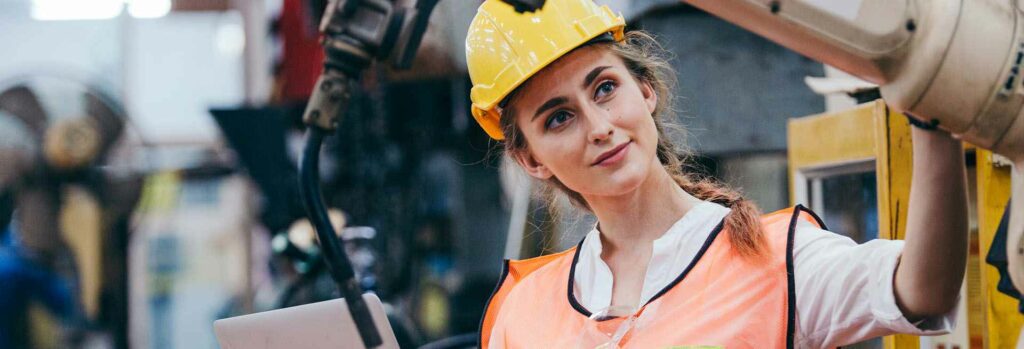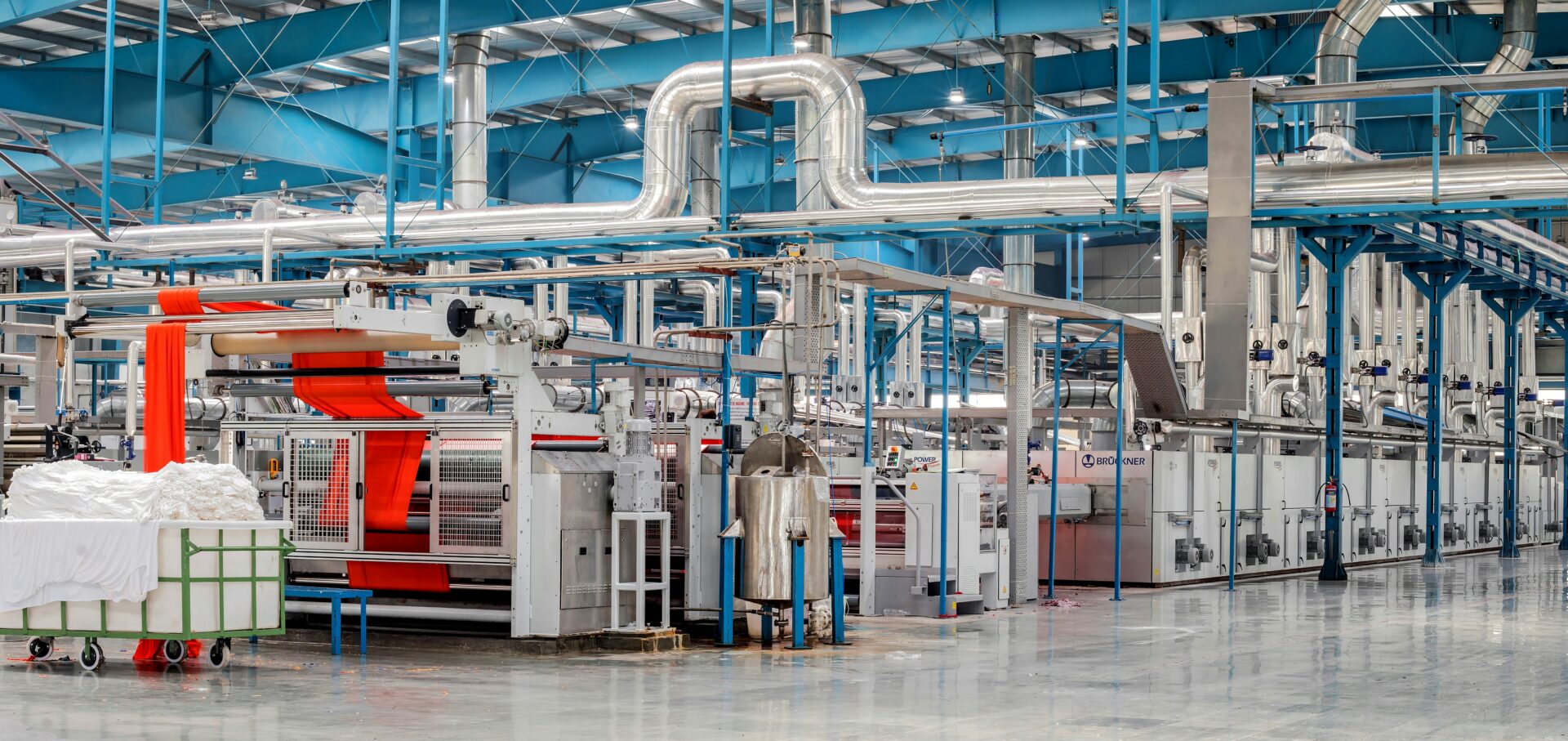Synthetic Biology: market drivers, challenges and R&D oppo...
Synthetic biology (or SynBio) is an exciting intersection of biology and engineering, which promi...

This week, Santander hosted the Manufacturing Industry Week; offering insight from leaders within Manufacturing and painting a picture of the current sector landscape.
What was clear throughout the session was the importance of innovation and R&D in combatting the impact of Covid-19 and the societal challenges we currently face, such as moving towards a greener future, supply chain management with Brexit and the evolution towards the Digital Age. Stephen Phipson, CEO of MAKE UK stressed that Manufacturing has been one of the main sources of innovation for the UK, making up 66% of total UK R&D. This in turn has contributed 44% of our total global exports, worth over £273 billion to the UK economy. If these statistics were not clear enough indicators of how crucial the response of the Manufacturing Sector is in the wake of Covid-19, Stephen highlighted that every job in manufacturing supports a further 1.4 jobs in other sectors.
Katherine Bennett CBE, SVP of Airbus, described R & D as the “lifeblood” of many companies within the manufacturing sector. It made sense, therefore, that this roundtable shifted towards a discussion on the Research and Development Tax Credits scheme and common scenarios that often lead to innovative companies under claiming.
Paul Brooks, Head of UK Manufacturing for Santander UK, led a discussion on the Scheme which has enabled so many companies to claim back a proportion of the money spent on projects to then re-invest in further innovation. It is clear that a lack of supporting documentation or processes to capture qualifying work has left many in the sector under claiming, waiting on repayment from HMRC or vulnerable to enquiry.
Since launching in the UK in 2009, Leyton UK has supported over 6000 innovative companies in securing their R & D Tax Relief (as well as other streams of HMRC funding) and assisted them in establishing sound processes to ensure that all future claims are well documented and secure.Using industry experts, we’ve been able to break down technical language barriers, producing an academic report that is more easily digestible for the HMRC review team. On this basis, we currently deliver 11% of all U.K R&D Tax Credits.
If innovation in Manufacturing forms a key element of the UK’s response in the wake of the economic impact of Covid-19, then it makes sense that companies’ ability to invest money is a huge priority. It is clear therefore that the Research and Development Tax Credits scheme will play a pivotal role in this.
Insights from Charlie Dunn, Senior Manager – Sales Development, Leyton UK
Explore our latest insights

Synthetic biology (or SynBio) is an exciting intersection of biology and engineering, which promi...

Even in the best of circumstances, we know that it can be challenging to balance a successful car...

Small and Medium-sized enterprises (SMEs)are the lifeblood of innovation in the UK. We’ve dived i...

Full expensing is a first-year allowance that allows businesses to reduce their tax liability and...